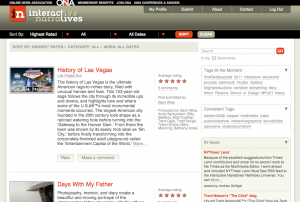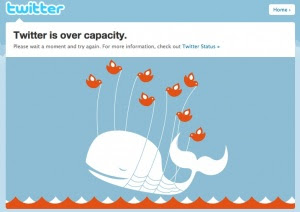 Two giants were at it again last week.
Two giants were at it again last week.Facebook released a slew of new features, the most significant of which lets users customize the amount of News Feed updates they see from each of their friends. Google made headlines by opening social network Google+ to everyone and by announcing that Hangouts, the site's video-chat tool that lets up to 10 people talk together, are now available on Android devices version 2.3 or above, according to Mashable.
Facebook has the clear upper hand in the news industry because it's been around so much longer, but there's no doubt its feeling pressure from Google+. Jen Lee Reeves, Missouri School of Journalism associate professor and KOMU-TV interactive director, has championed Google+ as the perfect combination of Facebook and Twitter, pointing out in a PBS MediaShift story that users can conveniently share content only with people to whom they're connected (or "circled," in Google+ lingo) or with the entire Web. Facebook's News Feed upgrade is an attempt to rival this granularity, according to Mashable.
But while KOMU has begun regularly incorporating Google+ into its newscasts, some journalists have dismissed the service completely. Dan Reimold, a University of Tampa assistant journalism professor, wrote the following in a PBS MediaShift article:
Google+ is dead. At worst, in the coming months, it will literally fade away to nothing or exist as Internet plankton. At best, it will be to social networking what Microsoft's Bing is to online search: perfectly adequate; fun to stumble onto once in awhile; and completely irrelevant to the mainstream web.
Another journalist, Mathew Ingram of GigaOM, doesn't go as far as to write an epitaph for Google+, but he does note that the "substantial changes to the way users interact with Facebook and Facebook-based apps are a significant threat to Google in trying to grow its Google+ network."
My future with Google+ is undecided. Circles and Hangouts seem like they can be useful reporting tools, but the thought of managing another social media account is, well, overwhelming. But my opinion is only one of many, and because I live in a city -- Columbia, Mo. -- full of Internet-savvy college students, I set out to interview six journalism students and six non-journalism students about the service. Here's what I found:



























